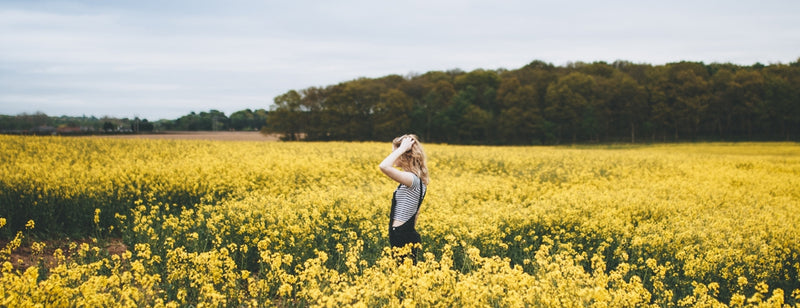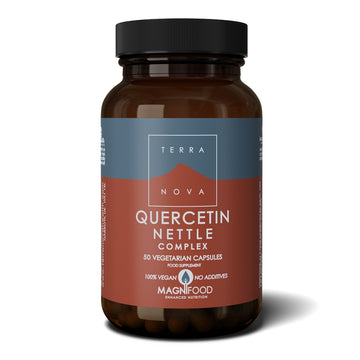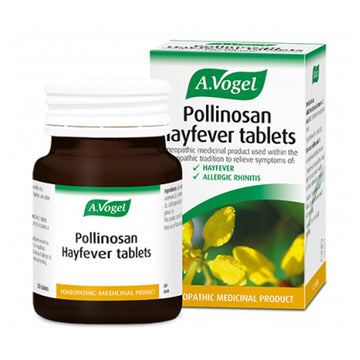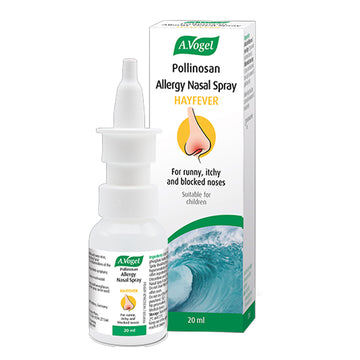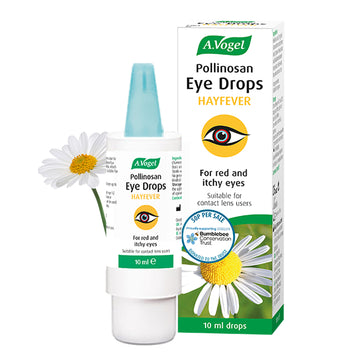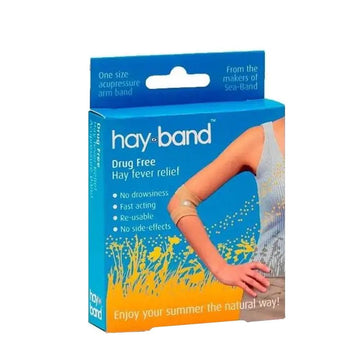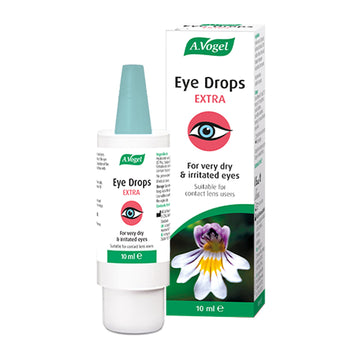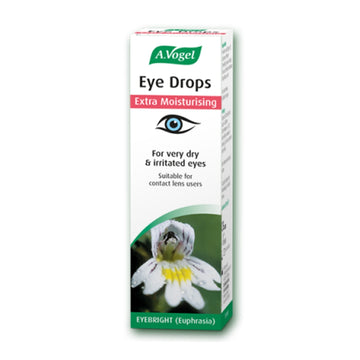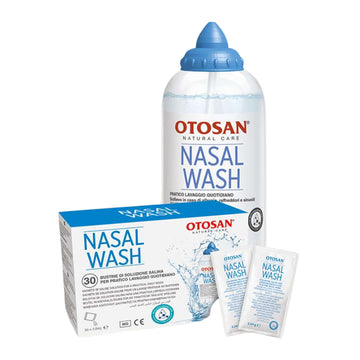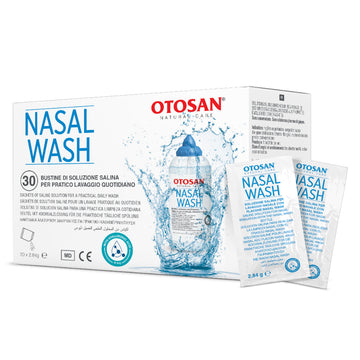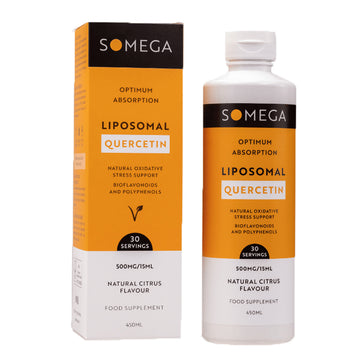Nose running? Sneezing a lot? Not sure is it a cold or hay fever? We hear you. Many of the symptoms of a cold and hay fever are very similar. A lot of people in Ireland suffer from hay fever, but there are many more that have it and don't realise. They think that they have a cold that won’t go away, but in actual fact they have hay fever. In this post, we’ll take a look at what hay fever is and how it differs from a cold.
What is Hay Fever?
Hay fever is also known as allergic rhinitis. It is an allergic response triggered by exposure to pollen or mould spores; microscopic grains which are discharged from flowers or tree cones.
If you have hay fever, your immune system mistakenly identifies pollen or mould spores as harmful and your immune system then reacts to these 'invaders' by producing antibodies.
Once antibodies have been produced, every time you encounter the same pollen, your body produces histamine, which in turn produces allergy symptoms. Hay fever is usually worse between late March and September, when the pollen count is at its highest.
So is it a Cold or Hay Fever?
So is it a cold or hay fever? It can be hard to tell is it a cold or hay fever as symptoms are so similar. But we've put together a handy chart to help you spot the difference between cold symptoms and allergies.
| Hay Fever | Common Cold |
| What is it? Allergic Reaction | What is it? Viral Infection |
| Can you catch it? No, it cannot be passed from person to person. | Can you catch it? Yes, colds are passed from person to person. |
| How to feel better? Moderate your body's reaction to lessen your symptoms. | How to feel better? Rest and support your immune system. Vitamin C is great for immune support. |
| Signs & Symptoms of Hay Fever | Signs & Symptoms of Common Cold |
| Runny or Stuffed Nose | Runny or Stuffed Nose |
| Watery, itchy or red eyes | Body aches |
| Sneezing | Sneezing |
| Swollen eyes, or blue coloured skin under the eyes | Sore Throat |
| Tiredness | Fever & tiredness |
| Onset: Symptoms will come on immediately after exposure to pollen or spores | Onset: Symptoms can come on between one to three days after you've been infected - less suddenly than hayfever |
| Duration: Symptoms continue for as long as you’re exposed to pollen or spores, and will clear up soon after you’re away from allergens (for example, you feel better when inside) | Duration: Depending on your immune system, a cold might last between 3 to 10 days |
Does it sound like you have hay fever? Be sure to check out the best natural remedies to try!
Please note, this blog is for informational purposes only and should not replace medical advice.
It’s always best to consult your doctor before taking any new supplements, treatments or remedies if you are pregnant, breastfeeding or on medication.
Checked and updated: 9 August 2021


